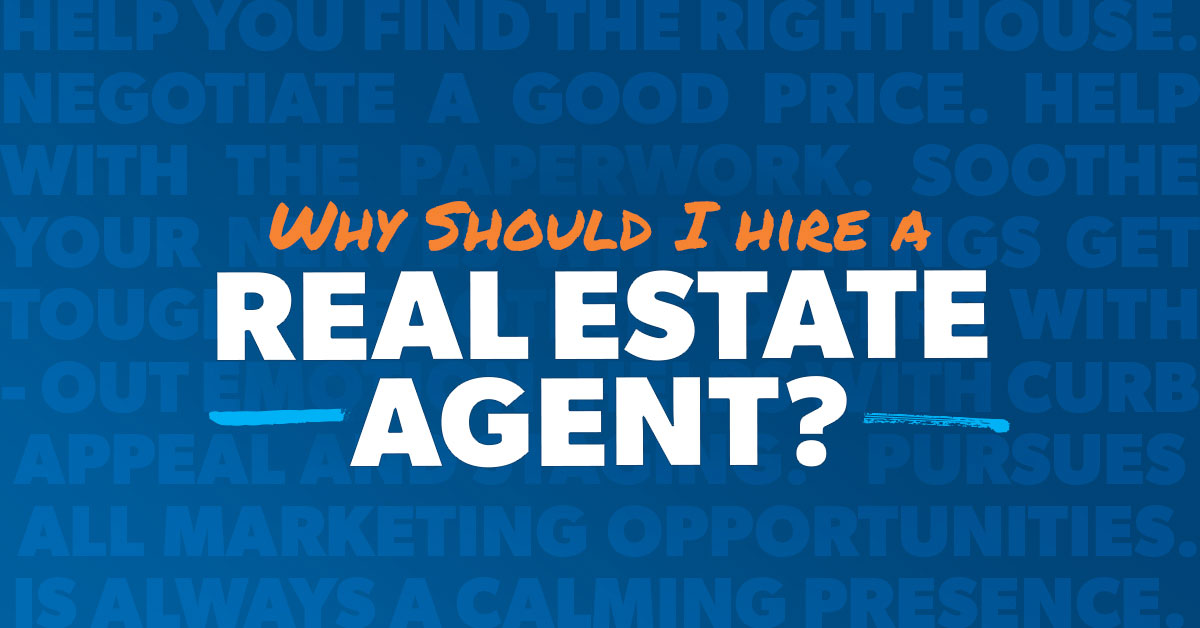
If you want to become a managing broker, you must meet certain Illinois requirements. To be eligible for a license, one must be at the least 20 years of age, have a high-school diploma or GED and have at most two years' experience in real estate. You must pass the state exam as well as complete pre-licensing training.
The state requires you to take 45 hours worth of pre-licensing course before you can be eligible for the state exam. You have the option of a home-study or computer-based program. Or you can opt for a classroom course. These programs can all be accessed through PSI/AMP, a private company.
For the managing broker license, applicants must have passed the state exam. They also need at least two years' real estate experience and a valid license from another country. Additionally, you must be associated to a licensed sponsoring agent. You must renew your license every two years after you have received it. To do so, you must have completed at least 24 hours of continuing education and pay a renewal fee.

The approving of transactions and supervising agents under their supervision are the responsibilities of managing brokers. Managers brokers rarely work directly with their clients. While they may be able to meet with their clients, their main purpose is to ensure compliance with state laws.
You can either study online or in person for the Illinois Managing Broker Licensing Examination when you're ready. Many Illinois real estate schools offer self-paced online courses. These classes can speed up your journey to obtaining your license.
Once you have finished the pre-license education and pass the state exam, you need to go through the post-licensing course. You can either take this course at your local college or online. It includes 12 hours of continuing education. It is also required that you take an in-class Sexual Harassment Prevention Training course. Moreover, you must pass a background check.
The managing broker license exam will require you to answer 40 multiple choice questions. You will also be asked to recommend a course of action. Finally, you will be given a score report from the testing supervisor. Your score may require you to retake the part of the test you failed. You can retake the exam up to three times.

It can be costly and time-consuming to obtain a license as a broker in Illinois. Based on your prelicense courses and the results your background checks, you could expect to spend $700. A typical broker earns $103,430 in average salary. The Greater Chicago area is a top location for real estate brokers to work.
You can learn how you become a managing brokerage in a very short time. However, it is recommended to invest in the right training. Exam prep materials can be purchased, which can provide useful material and practice exams. It is important to set up social media accounts as well as your systems.
FAQ
Is it possible to get a second mortgage?
Yes. However, it's best to speak with a professional before you decide whether to apply for one. A second mortgage is usually used to consolidate existing debts and to finance home improvements.
Is it better for me to rent or buy?
Renting is typically cheaper than buying your home. It's important to remember that you will need to cover additional costs such as utilities, repairs, maintenance, and insurance. The benefits of buying a house are not only obvious but also numerous. You will be able to have greater control over your life.
Do I require flood insurance?
Flood Insurance protects from flood-related damage. Flood insurance can protect your belongings as well as your mortgage payments. Learn more about flood coverage here.
Statistics
- Private mortgage insurance may be required for conventional loans when the borrower puts less than 20% down.4 FHA loans are mortgage loans issued by private lenders and backed by the federal government. (investopedia.com)
- Some experts hypothesize that rates will hit five percent by the second half of 2018, but there has been no official confirmation one way or the other. (fortunebuilders.com)
- Based on your credit scores and other financial details, your lender offers you a 3.5% interest rate on loan. (investopedia.com)
- The FHA sets its desirable debt-to-income ratio at 43%. (fortunebuilders.com)
- This seems to be a more popular trend as the U.S. Census Bureau reports the homeownership rate was around 65% last year. (fortunebuilders.com)
External Links
How To
How to Manage A Rental Property
While renting your home can make you extra money, there are many things that you should think about before making the decision. We'll show you what to consider when deciding whether to rent your home and give you tips on managing a rental property.
Here's how to rent your home.
-
What do I need to consider first? Before you decide if your house should be rented out, you need to examine your finances. If you have debts, such as credit card bills or mortgage payments, you may not be able to afford to pay someone else to live in your home while you're away. Your budget should be reviewed - you may not have enough money to cover your monthly expenses like rent, utilities, insurance, and so on. This might be a waste of money.
-
How much is it to rent my home? Many factors go into calculating the amount you could charge for letting your home. These include factors such as location, size, condition, and season. You should remember that prices are subject to change depending on where they live. Therefore, you won't get the same rate for every place. The average market price for renting a one-bedroom flat in London is PS1,400 per month, according to Rightmove. This means that if you rent out your entire home, you'd earn around PS2,800 a year. Although this is quite a high income, you can probably make a lot more if you rent out a smaller portion of your home.
-
Is it worth it? Doing something new always comes with risks, but if it brings in extra income, why wouldn't you try it? You need to be clear about what you're signing before you do anything. It's not enough to be able to spend more time with your loved ones. You'll need to manage maintenance costs, repair and clean up the house. Make sure you've thought through these issues carefully before signing up!
-
Are there any advantages? You now know the costs of renting out your house and feel confident in its value. Now, think about the benefits. Renting out your home can be used for many reasons. You could pay off your debts, save money for the future, take a vacation, or just enjoy a break from everyday life. No matter what your choice, renting is likely to be more rewarding than working every single day. If you plan well, renting could become a full-time occupation.
-
How do I find tenants? After you have decided to rent your property, you will need to properly advertise it. Make sure to list your property online via websites such as Rightmove. Once you receive contact from potential tenants, it's time to set up an interview. This will help you evaluate their suitability as well as ensure that they are financially secure enough to live in your home.
-
How can I make sure that I'm protected? If you're worried about leaving your home empty, you'll need to ensure you're fully protected against damage, theft, or fire. In order to protect your home, you will need to either insure it through your landlord or directly with an insured. Your landlord will often require you to add them to your policy as an additional insured. This means that they'll pay for damages to your property while you're not there. If your landlord is not registered with UK insurers, or you are living abroad, this policy doesn't apply. In this case, you'll need to register with an international insurer.
-
Sometimes it can feel as though you don’t have the money to spend all day looking at tenants, especially if there are no other jobs. You must put your best foot forward when advertising property. It is important to create a professional website and place ads online. A complete application form will be required and references must be provided. While some prefer to do all the work themselves, others hire professionals who can handle most of it. Interviews will require you to be prepared for any questions.
-
What should I do once I've found my tenant? If you have a current lease in place you'll need inform your tenant about changes, such moving dates. You may also negotiate terms such as length of stay and deposit. Remember that even though you will be paid at the end of your tenancy, you still have to pay utilities.
-
How do I collect my rent? When it comes to collecting the rent, you will need to confirm that the tenant has made their payments. You will need to remind your tenant of their obligations if they don't pay. Any outstanding rents can be deducted from future rents, before you send them a final bill. You can always call the police to help you locate your tenant if you have difficulty getting in touch with them. They won't normally evict someone unless there's been a breach of contract, but they can issue a warrant if necessary.
-
How do I avoid problems? While renting out your home can be lucrative, it's important to keep yourself safe. Ensure you install smoke alarms and carbon monoxide detectors and consider installing security cameras. Also, make sure you check with your neighbors to see if they allow you to leave your home unlocked at night. You also need adequate insurance. Do not let strangers in your home, even though they may be moving in next to you.